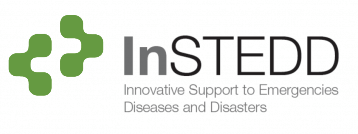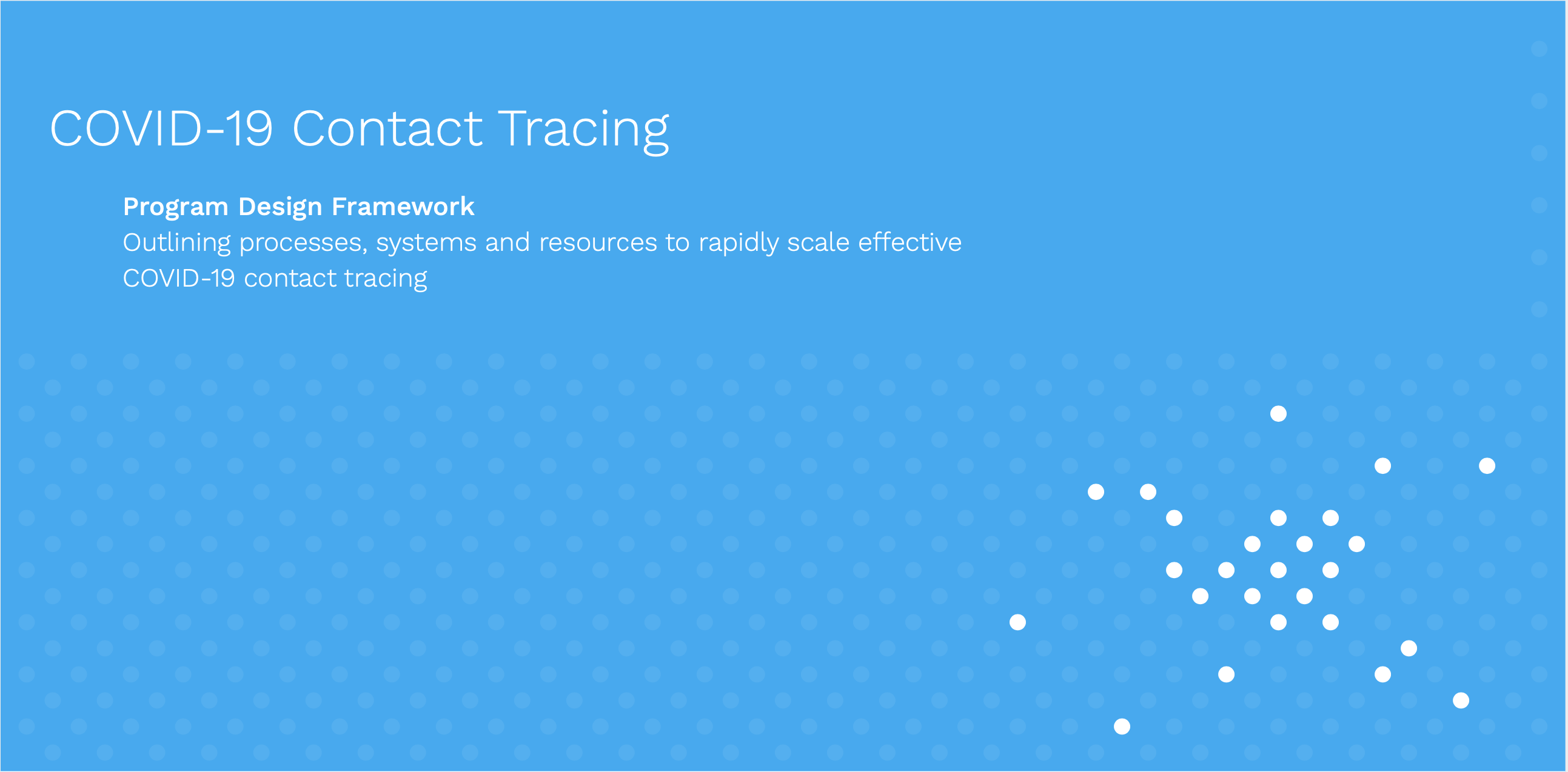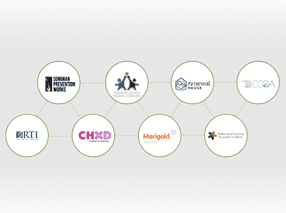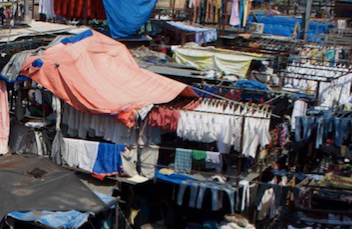In the wake of the New Year, we took some time to look back on the dynamic journey we took in 2012. Our activities were characterized by contributions to key global health efforts, engagement in several new projects and the development of important strategic partnerships. Our iLab Southeast Asia and iLab Latin America continued to develop their teams and capabilities as a regional leader for collaborative problem solving. We are delighted to share some of our remarkable achievements of 2012.
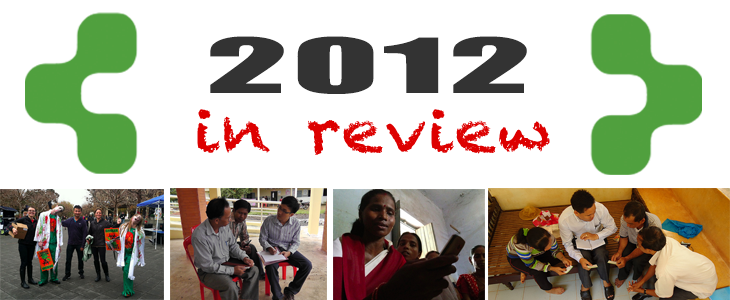
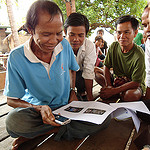 iLab Southeast Asia: Malaria Project in Laos
iLab Southeast Asia: Malaria Project in Laos
With funding from The Global Fund, the iLab Southeast Asia began working on a project for the Center for Malaria Parasitology and Entomology of Lao PDR (CMPE) to provide technical assistance in the development of an SMS system for malaria reporting. Find out how the iLab Southeast Asia is working towards early detection and early response of Malaria on our blog here.
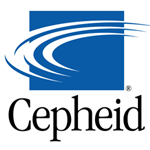 Interactive Disease Diagnostics Platform with Cepheid
Interactive Disease Diagnostics Platform with Cepheid
We began working with Cepheid to enhance global capabilities for real-time disease surveillance. By combining Cepheid’s transformative platform for molecular diagnostics (GeneXpert) with InSTEDD’s ability to design and develop ICT in low resource environments, we developed a platform that has the ability to both provide real-time diagnostic information as well as information about the diagnostics machine functionality itself. By improving the quality, speed and accessibility to information, national health systems are becoming better positioned to monitor diseases at both the national and individual levels.
 iLab Latin America: Digital Mapping in Brazil
iLab Latin America: Digital Mapping in Brazil
Through the iLab Latin America, we partnered with UNICEF, MIT and the Brazilian NGO CEDAPS, on a cutting-edge digital mapping project that enables real-time data collection through web and mobile applications. The main idea behind this project was to create a simple, low cost way to allow the youth living in the favelas to digitally map the social and environmental risk factors that threatened their communities. For more details on the process and the outcome, check out the project page on our website here.
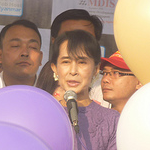 iLab Southeast Asia: BarCamp Yangon, Myanmar
iLab Southeast Asia: BarCamp Yangon, Myanmar
In February of 2012, members of the iLab Southeast Asia team traveled to Myanmar to participate in BarCamp Yangon. We have been a huge supporter of BarCamp Yangon since its inception and have sponsored several events and even hosted Mini-BarCamp events at the iLab Southeast Asia.
 iLab Latin America: Digital Mapping in Haiti
iLab Latin America: Digital Mapping in Haiti
Building on the success of the digital mapping project in Brazil, our iLab Latin America applied the same concept to problem solving in Haiti. While our work in Brazil revolved around the surveying of potential social and environmental dangers, the work in Haiti focused on detecting risk factors associated with HIV/AIDS, sexually transmitted diseases, sexual and reproductive health and gender violence. Learn more about this project and how the iLab Latin America can help you improve the scale and impact of your projects.
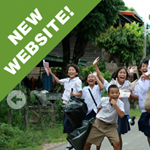 iLab Southeast Asia: Website
iLab Southeast Asia: Website
Our flagship innovation lab, the iLab Southeast Asia, officially launched an independent website to showcase the projects, networks, and regional collaboration opportunities. We highly encourage you to visit the new website and to reach out to the team to explore opportunities to work together on future projects.
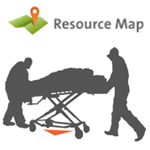 Resource Map Update
Resource Map Update
As part of our ongoing efforts to improve the usability, usefulness and quality of our tools, we underwent a significant design enhancement to our Resource Map tool. The original tool was created by the team in the iLab Southeast Asia back in 2011 and as a result of many user testing sessions with partners and collaborators was revamped in 2012. The most notable of these user design enhancements is to support our ongoing work in Rwanda.
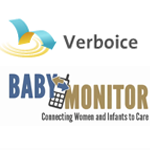 Verboice in Action
Verboice in Action
This was an important year for our interactive voice response tool, Verboice. An example of how our tool was used can be seen in Baby Monitor project as well as the interactive voice response (IVR) service behind the Motech Suite. In addition, the iLab Southeast Asia is working with SPIDER to develop and customized the Verboice application for the Open Institute, Women’s Media Center and the International Labor Organization. Learn more about Verboice here and how the iLab Southeast Asia can help you apply the power of scalable IVR capabilities to your project.
 Rwanda Health Information System – Facility Registry
Rwanda Health Information System – Facility Registry
InSTEDD participated as part of a large public-private partnership to strengthen the health systems of Rwanda. This involved the creation of a national electronic medical record system that worked in conjunction with centralized registries of all health facilities, providers (doctors, nurses, etc) and patient indexes. All of this information was integrated together into an interoperable and shared Health Information Exchange. InSTEDD’s Resource Map was selected as the platform to serve as the Facility Registry. In addition, InSTEDD’s tools provided an open API to which NGOs and the private sector could connect to to use the facility information.
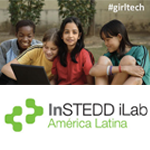 iLab Latin America: Finalist in Giving Women a Voice in their Health
iLab Latin America: Finalist in Giving Women a Voice in their Health
The “She Will Innovate: Technology Solutions Enriching the Lives of Girls” challenge was designed to promote ICT solutions dedicated to improving the lives of women and girls. Intel Corporation and Ashoka Changemakers launched this online challenge. The iLab Latin America came in as a finalist in the competition by submitting our Baby Monitor project. Baby Monitor is a mobile phone application that takes clinical screening directly to women in the critical period before and after birth using interactive voice response technology via a mobile phone call. Learn more about this challenge here.
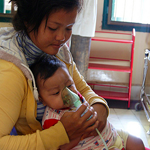 iLab Southeast Asia: Infectious Disease Reporting in Cambodia
iLab Southeast Asia: Infectious Disease Reporting in Cambodia
Using InSTEDD’s GeoChat tool, disease reporting within Cambodia significantly improved by using real-time SMS to quickly share important information. Impressed by the success of GeoChat, the Operational District Lead approached the iLab Southeast Asia about developing a new tool that would allow the OD to filter disease reports by week and export the information into one spreadsheet. To support this idea, the iLab Southeast Asia developed a weekly reporting system that catches all the weekly reports from the health center level. This adds to the portfolio of biosurveillance tools that InSTEDD has built for general cases or to track specific diseases or conditions.
 US CDC Notifiable Disease Platform
US CDC Notifiable Disease Platform
InSTEDD has been working with the Task Force for Global Health through a project with The Public Health Informatics Institute (PHII), and the US Center for Disease Control and Prevention (CDC) to enhance the electronic reporting system for notifiable diseases within the United States. The CDC collects millions of anonymized health records and with InSTEDD’s help they will be able to explore, analyze and visualize the information in an interactive way.
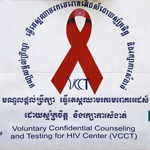 iLab Southeast Asia: HIV Patient Data Aggregation
iLab Southeast Asia: HIV Patient Data Aggregation
We worked with the National Center for AIDS/HIV, Dermatology and STD (NCHADS) within the Cambodian Ministry of Health to create an application that allowed NCHADS to combine all the data from the HIV clinics into a centralized database. Simplifying data merging and allowing the export to statistical files helps NCHADS to analyze the information they receive to help their research teams improve treatment, care and processes. This is an example of custom solution development work carried out by the team leads in the iLab Southeast Asia. Learn more about this on our blog here.
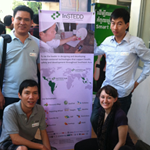 iLab Southeast Asia: BarCamp Phnom Penh, Cambodia
iLab Southeast Asia: BarCamp Phnom Penh, Cambodia
In September 2012, the iLab Southeast Asia sponsored and participated in this year’s BarCamp Phnom Penh. At InSTEDD, we believe that developing an active community around open participation, user generated content, knowledge sharing and idea generation is essential for growing a local culture of idea generation, experimentation, and problem solving. You can read more about our involvement here.
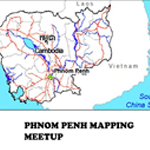 iLab Southeast Asia: Phnom Penh Mapping Meetup
iLab Southeast Asia: Phnom Penh Mapping Meetup
We participate in a number of events focused on idea development, problem solving, knowledge enhancement and community building as part of commitment to capacity building. One of these events is the Phnom Penh Mapping Meetup group. We come together once per month to talk about maps, GIS, surveying, distributed spatial computing, spatial databases, scripting and programming for GIS, positioning technologies such as GPS, remote sensing, crowdsourcing and cartography.
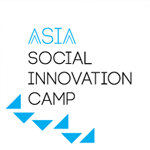 iLab Southeast Asia: Social Innovation Camp in Kuala Lumpur, Malaysia
iLab Southeast Asia: Social Innovation Camp in Kuala Lumpur, Malaysia
In November, the iLab Southeast Asia sponsored and participated in the annual Social Innovation Camp, which was held in Kuala Lumpur, Malaysia. At InSTEDD, we believe that developing an active community around open participation, user generated content, knowledge sharing and idea generation is essential for growing a local culture of innovation.
 mHealth Zombie Game at UC Berkeley
mHealth Zombie Game at UC Berkeley
With the goal of helping future public health innovators understand what it is like to be in an active outbreak scenario, we decided that we would do a simulation where InSTEDD’s mHealth tools would be valuable, but also create a fun and engaging event for the students. With that goal in mind, we set out to experiment with a fun and interactive environment for people to learn how our tools work and how significantly they can improve communications. we teamed up with UC Berkeley to create a public health simulation — using Zombies! Check out our blog post (with pictures) to learn more.
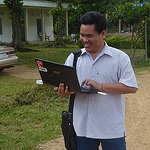 Health Informatics Public Private Partnership (HIPPP) Dashboard Indicator
Health Informatics Public Private Partnership (HIPPP) Dashboard Indicator
The InSTEDD iLab Southeast Asia actively supports the Cambodian National Health Information Systems Strategic plan through a PEPFAR central grant. As part of this collaboration, InSTEDD has been providing NCHADS with adaptive technical assistance to support its strategies. The Continuous Quality Improvement (CQI) Dashboard Indicator application was developed to provide the indicator information to health sites instantly either through the internet or for sites that do not have direct access to the web, the ability to use USB modems that they can connect online using the 3G cell phone network.
This past year was a pivotal year for InSTEDD full of exciting work. Through the design and development of mobile, scalable, user-centered and locally driven tools and services, we have been able to engage in a variety of projects, events and collaborations focused on what we feel are the most pressing global challenges in health, safety and sustainable development. We are excited to move into 2013 and look forward to sharing more about the evolution of our work!
